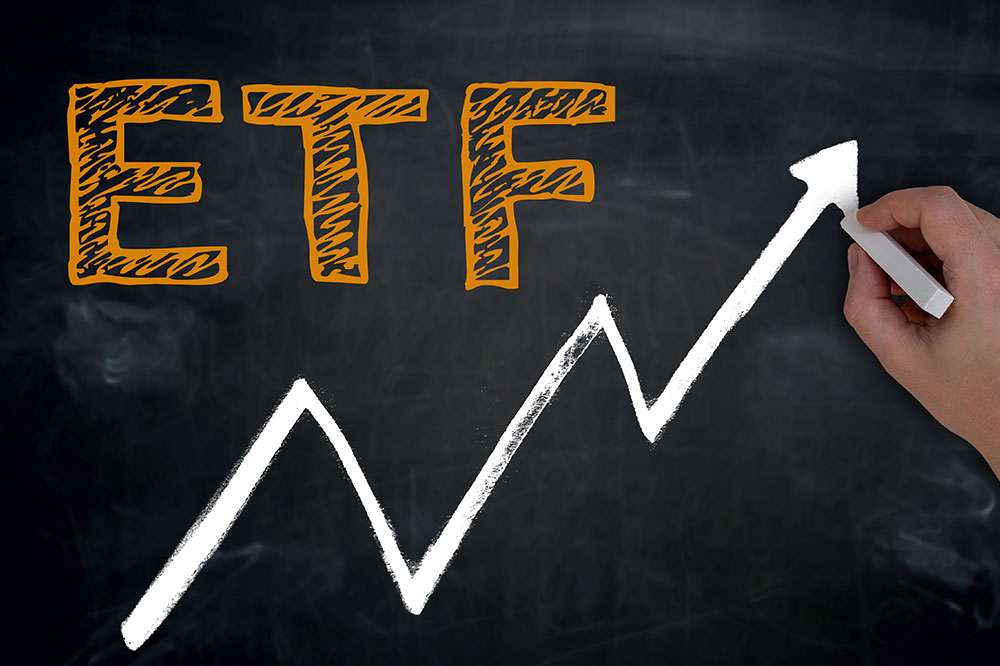5 mistakes to avoid when investing in a high dividend ETF
Exchange-traded funds (ETF) have been gaining popularity in the investment sector for some time now. Along with mutual funds, they have been one of the most preferred investment options among investors. With investors having pumped in billions of dollars in ETFs by now, these funds sure seem like a lucrative investment avenue. However, financial experts suggest treading this path carefully so as to avoid unforeseeable losses. Here are a few mistakes that you can avoid while investing in high dividend ETFs:

- Overlooking long-term investment
Looking at long-term goals is the golden rule when it comes to any type of investment. However, seasoned investors invest in ETFs on a short-term basis through a type of trading called intraday trade. This type of trading allows the investors to buy and sell stocks and other investments on the same day. However, if not thought out carefully, investing in high dividend ETFs through intraday trading can result in lower returns and higher trading costs. - Buying an ETF simply based on its name
This is one of the most common mistakes people make when investing in high dividend ETFs. Investors may think that an ETF’s name provides an insight into its investment reach, i.e., whether the ETF has local or/and global investors. However, this is a ploy that ETF issuers often use to lure investors. Investing in an ETF based solely on its name can lead to disastrous investments. So understand an ETF’s underlying holdings and market objectives before making an investment. - Investing in the wrong ETF
Like every investment, almost every ETF is vulnerable to market trends and economic slowdowns. However, this does not mean that the particular ETF has failed. When an ETF liquidates, you might still receive some money (termination and other fees might be levied). But this may take a while and you may lose out on the time that could have otherwise been utilized to make other investments. However, it is important to know when an ETF is failing so that you can liquidate your investment before it crashes. Some signs of a failing ETF are a short track record and low share liquidity, among others. - Not researching adequately
Not researching enough on how high dividend ETF funds can diversify your portfolio can result in redundancy or even losses. For example, you might be investing in an ETF and large-cap mutual fund of the same type of stock or even by the same company. It can also result in liquidity risk if you have invested in a specific sector. If you are not armed with enough information, then you might find it difficult to sell the ETF whenever you want. - Small ETF investments
The most sought-after investment strategy is putting aside a set amount for investing every month. This is referred to as the dollar cost strategy. However, putting an amount in only an ETF can be counterproductive if you are investing small. This is because you might have to pay commission on a few ETFs that you buy and sell. So make sure to set aside a dynamic amount when investing in ETFs. You can even turn to ETF issuers and online brokerage platforms that do not charge any commission on trading.
Disclaimer:
The information available on this website is a compilation of research, available data, expert advice, and statistics. However, the information in the articles may vary depending on what specific individuals or financial institutions will have to offer. The information on the website may not remain relevant due to changing financial scenarios; and so, we would like to inform readers that we are not accountable for varying opinions or inaccuracies. The ideas and suggestions covered on the website are solely those of the website teams, and it is recommended that advice from a financial professional be considered before making any decisions.